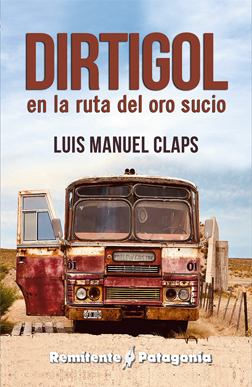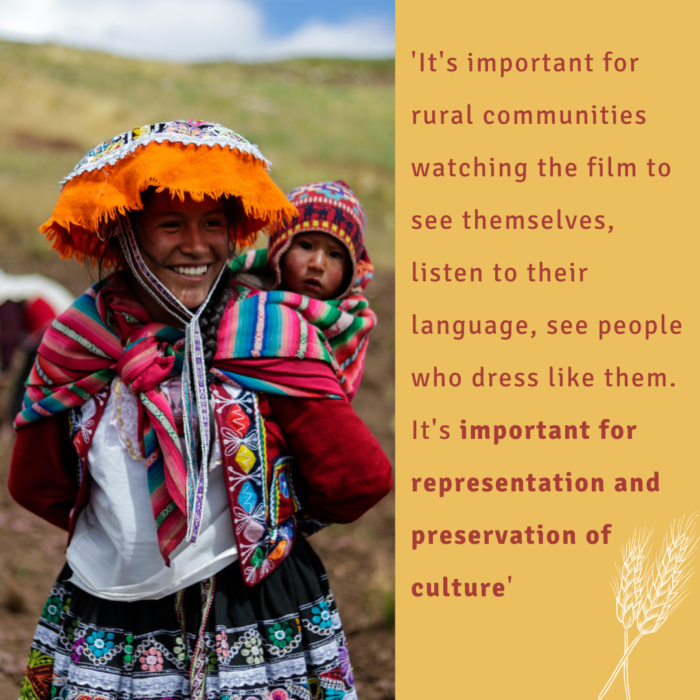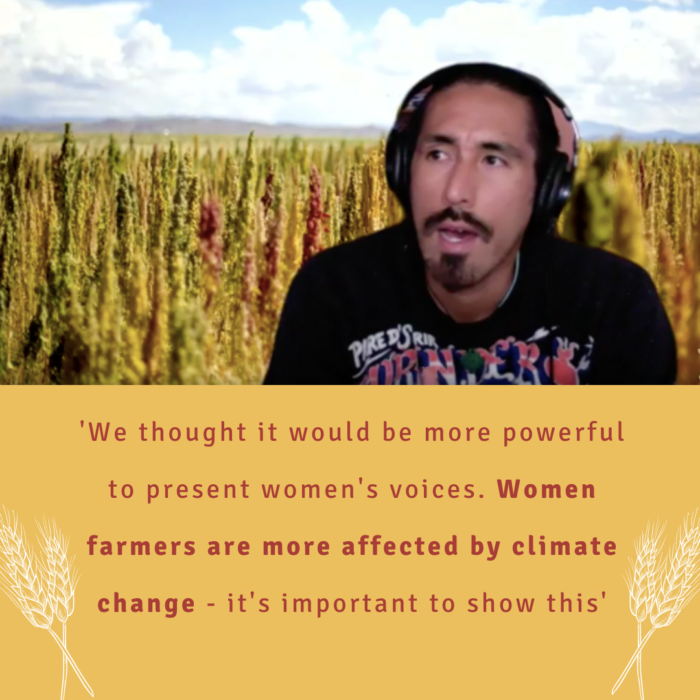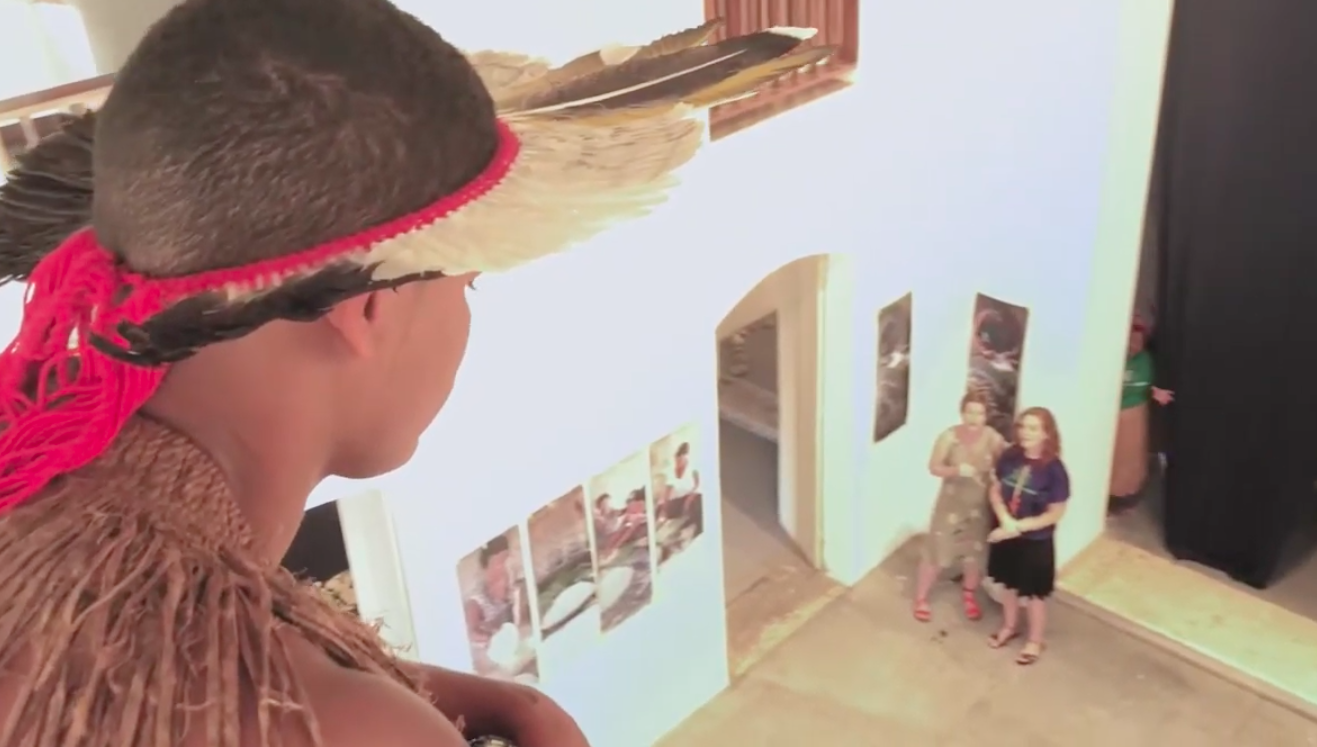LAB badly needs new sources of funding, not least so that we can retain our four wonderful part-time researcher/ editors. Meanwhile, LAB is busier than ever.
LAB needs to be able to pay our main researchers and editors, and offer them security of employment. The best ways you can help are by signing up to LAB’s Patreon (see below); helping us to locate university-based research projects to which LAB can contribute with our knowledge, skills and website platform to improve their Research Engagement and Impact (REI); and letting us know any suggestions you have for fundraising.
Meanwhile, LAB is busier than ever. On 8 May Emily Gregg organised another successful Voices webinar – The Rights of Nature and Indigenous People. We heard from Marilene Ribeiro and from Tom Gatehouse, editor of Voices of Latin America, about how it would take approximately 12% of the world’s copper for just the UK to ‘go green’. Tom conveyed the urgent importance of starting to think more radically and holistically about the human and environmental cost of introducing electric transport here. Meanwhile Dário Kopenawa Yanomami, indigenous rights activist from the Yanomami people in Brazil and Vice President of Hutukara Yanomami Association (HAY), urged us ‘to listen to the forest peoples and [their] voices’. Dário reinforced that climate change is in the hands of non-indigenous people, white people – those making electricity, mobile phones, factories.
LAB and Cine Latino co-hosted Seeds of Resistance, an online screening of Peruvian documentaries Opening the Earth: The Potato King and Sembradoras de vida – which both explore land, cultivation, resistance and climate change. Matthew Kingston reviewed Opening the Earth, calling it ‘a celebration of a way of life that is at once precarious and tenacious’ and ‘a compelling case for what communities like Julio’s can teach us about living in a more sustainable way’. Meanwhile, Ingrid de Almeida explored the ‘patient, observational filming’ through which Sembradoras de vida shows climate change as a threat to Quechua farmers’ livelihoods and to their very identity. In our live Q&A with Diego Sarmiento, the Peruvian director of Sembradoras de vida spoke about how women farmers are more affected by climate change, and how indigenous representation in film contributes towards preserving culture.
Don’t forget you can access additional content on LAB’s Youtube channel which we refresh regularly with relevant videos. You can also follow LAB on Instagram, Facebook and Twitter for updates on articles, interesting events and other exciting news.
News from the region
Peru
Following presidential candidate Pedro Castillo’s use of the term ‘cosecha de agua’ (water harvesting) in the final televised debate, Peruvians took to social media to debate the validity of the term, which refers to an ancestral indigenous Andean method for capturing and storing rainfall. Sarah Bennison analyses how the criticism is grounded in racism and linguistic discrimination.
Stigma and prejudice are also to be found in public perceptions of the Lima neighbourhood Barrios Altos. LAB film curator Karoline Pelikan interviewed Jimmy Valdivieso, who set out to deconstruct some of the stigma about the neighbourhood, known for high crime rates, assaults and robberies, in his film My Beloved Barrios Altos, available to watch on Vimeo.
Colombia
Ongoing protests in Colombia have received an impressive display of international support. Rebecca Wilson explored the different ways in which Colombian artists have expressed solidarity, giving sound and colour to the protests, through voguing, music, illustration and more.
Women resisting violence
As the ongoing protests in Colombia escalate, social media is being used to denounce the sexual abuse at the hands of Colombian Armed Forces during demonstrations. Camilo Conde Aldana, co-founder of Fundación Colibríes, recounted how he worked with PETRA Mujeres Valientes women’s collective and Orfanato graffiti studio on a collaborative mural project representing the experiences and perspectives of a group of women in a state of prostitution due to the armed conflict.
Brazil
A report by Agência Pública revealed the hidden story behind the alleged scheme which lured children and adolescents into sexual exploitation, run by one of Brazil’s most prominent businessmen, Samuel Klein, who died in 2014.
Brazil’s rapidly increasing Covid death toll reached the alarming score of 13 percent of the world’s total deaths from the virus by May. Jan Rocha examined how Brazil’s ‘latter-day Mussolini’ continues to ignore the Covid death toll and revs up for the 2022 elections… or a coup.
Bolsonaro wants to slash Brazil’s environmental licences, meaning activities such as agriculture, logging, and water management, will be freed from licensing. The move will impact both the Amazon and hundreds of indigenous and quilombo territories. According to environmental organisations, it would lead to more deforestation as well as to possible repeats of the two mine tailings dam disasters in Minas Gerais. Yet the bill has already been met with great resistance. Carlos Bocuhy, president of Proam, the Brazilian Institute for Environmental Protection, argued that the bill ‘ignores constitutional guarantees for a balanced environment’, whilst nine former environment ministers from right, left and centrist governments have published an open letter of protest at the bill.
At the Museum of Modern Art of Bahia Indigenous artists staged a ‘retomada’ (reclaiming what is theirs). The artists took over the curation, rejecting the separation of ‘high art’ and ‘arts and crafts’, breaking traditional gallery rules and involving family and friends in performance. Thea Pitman investigates how the retomada has sparked the ‘development of a much-needed Indigenous-led, decolonial art curation practice’.
Mexico
Cornelia Gräbner shared the archive CAMeNA: an orchestra of truth-telling which houses a vast collection of documents making up ‘layers of memory’ – ‘of an internationalist, pan-American, anti-imperialist America, deeply committed to the principles of liberation and of justice’.
Argentina
On the 45th anniversary of the military coup that initiated Argentina’s most violent years, Pablo Bradbury analysed how Argentinian terror extended beyond national territory, revealing the expansive logic of state terror in Latin America.
Venezuela
Natasha Tinsley reported on increasing censorship in Venezuela due to the Covid-19 pandemic; with its Supreme Court issuing a $13 million fine to the online newspaper El Nacional. Emily Gregg examined the ongoing repression and harassment faced by journalists as a result of sharing the truth behind the pandemic in Venezuela. Between 13 March and 13 May 2020, 22 journalists and media workers were arrested.
The Heart of Our Earth & Mining
Communities awaiting compensation from the worst environmental disaster in Brazil’s history (the 2015 Mariana tailings dam disaster, which killed 19 people and polluted a river basin) said they’re being stymied by a convoluted legal process that favours those responsible. Nearly 50 atingidos blocked a railway line to protest about issues in the Simplified Indemnity System, which aimed to facilitate compensation for informal workers affected by the disaster; the atingidos said Renova has made it difficult for them to access it.
Tensions have also been running high in Andalgalá, Argentina over the Minera Agua Rica-Alumbrera (MARA). Kinga Harasim reported on the mining protestors that were arrested and beaten for resisting MARA. Meanwhile, the Munduruku in Brazil have been fighting large mining companies. The Association of Indigenous Peoples of Brazil published an official letter to Anglo American, requesting a public pledge from the company not to mine on indigenous land. Anglo American refused.

Tom Gatehouse reviewed Luis Manuel Claps’ Dirtigol: en la ruta del oro sucio calling it a ‘playful, eclectic work’ that ‘shows how the collective belief in the ability to determine what one wants for the place where one lives can produce results (…) communities can find solutions to their problems together, even when confronted with opponents of great wealth and power’.
Tom is busy writing The Heart of Our Earth: Community Resistance to Mining in Latin America and Jasmine Haniff, after covering the harsh criminalisation of the ‘Guapinol Eight’ protestors in Honduras, is writing the final in a series of four blog posts on the impact of mining on bodies of water and their surrounding communities, as part of her university research.
For more information on our Research, Engagement and Impact (REI) project services visit our website or send us an email at rei@lab.org.uk.
In case you missed it
We’ve set up a paid subscription service via our new Patreon scheme, in order for us to keep this newsletter free for all.
The Patreon subscription scheme: For just £3.50 a month you will receive, in addition to the newsletter, two free LAB e-books per year. For £8.50 per month you will become a Friend of LAB and receive a LAB paperback per year plus a personal acknowledgement printed in every new LAB book.
… and, coming soon, the first issue of Voz, LAB’s new quarterly dispatch.
Both types of paid subscriber will receive LAB’s Voz Quarterly Dispatch, each with a long-read article by a special correspondent. The first issue will feature the testimony of a young Chilean woman who was directly involved in the protests there in 2019-20 and stood as a candidate in the Constituent Assembly elections in May.
To access all of this please consider becoming a LAB Patreon subscriber.




